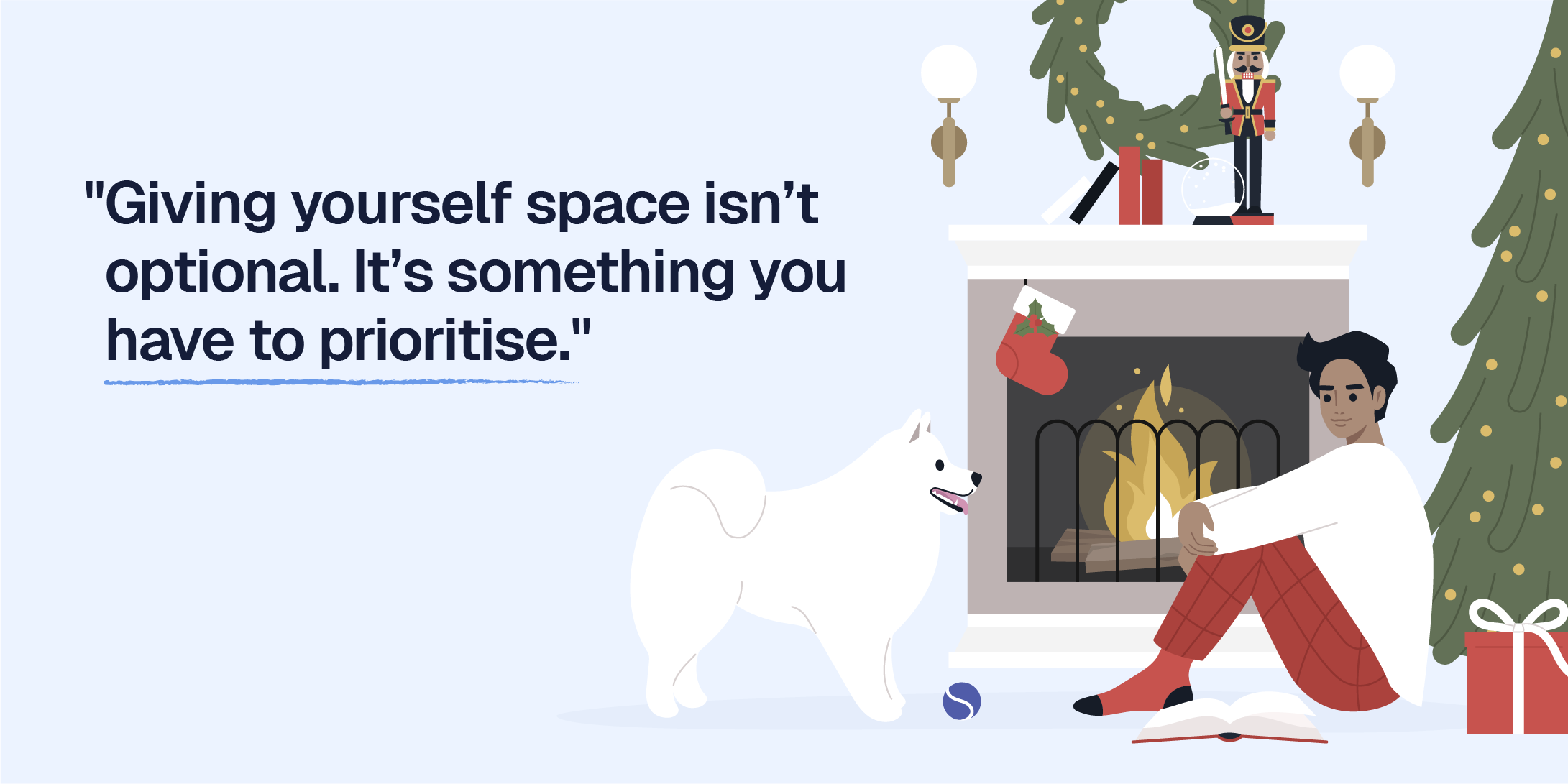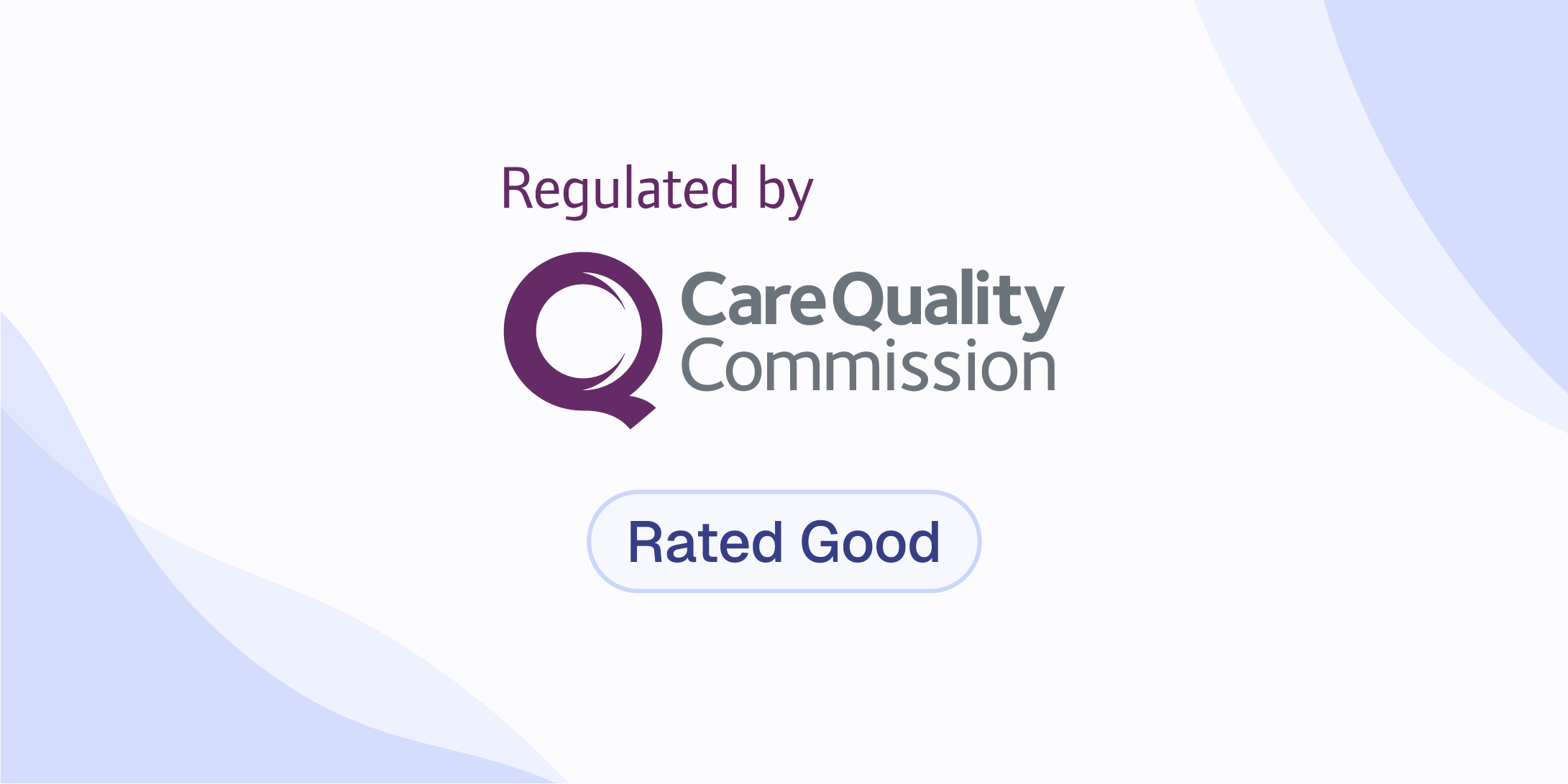One of the biggest barriers for neurodivergent people entering the workforce is non-inclusive interviews. Interviews typically place an emphasis on conversational ability, social skills and body language. Neurodivergent candidates often show differences in these areas and so reasonable adjustments need to be considered to give them a fair chance.
Organisations can get ahead of the curve by adopting an inclusive approach to neurodiversity from the beginning. Here are some tips to help your company to conduct more inclusive interviews to support the neurodiverse workforce.
Before the interview
To help candidates prepare and set themselves up for success before the interview starts, here are some things to consider:
- Provide clear directions to the interview, including photographs of streets and transport stations.
- Provide clear instructions on how to get into the building and where they need to go when they arrive.
- Share any interview questions in advance and allow them to bring reminder notes.
- Allow adequate time for replies during the interview.
- Let them know the name and job role of anyone they’ll be meeting during the interview beforehand.
- Provide a timetable for what will happen in the interview. For example, ‘we’ll spend the first ten minutes talking about you, then spend ten minutes talking about your technical experience’.
- If possible, provide access to a quiet space where your candidate can avoid auditory, visual, or social stimulation before and after the interview if required.
- Ask your candidate if they’d like to be accompanied by someone they know during the interview.
- Ask about communication preferences. Some people might prefer to support their spoken language with the option to write for example.
The right environment
Neurodivergent people often experience sensory issues. They may be distracted by noise, lights, and the surrounding environment, so if you’re hosting an in-person interview, it may be beneficial to ensure the interview room is as distraction-free as possible.
Here are some suggestions for getting the setting right:
- Provide a notebook in case your candidate wants to make notes. This can help them organise their thoughts when giving detailed answers.
- Invite them to move around during the interview, or factor in short breaks, if your candidate finds it difficult to sit still for periods of time.
- Don’t expect eye contact. Neurodivergent individuals may find this uncomfortable, or it may impact their concentration.
- If possible, provide fidget toys or stress balls to reassure your candidate by making them feel more comfortable and to reassure them that you are neuro-inclusive company.
Fair questions
Neurodivergent candidates may struggle with open-ended and hypothetical questions, and with switching between formal and informal tones. It may also take them longer to process questions. Quick thinkers can talk rapidly and get distracted, so they may stray off topic.
Here are some suggestions when preparing interview questions for neurodivergent candidates:
- Be specific with your questions. For example, ‘what information governance processes did you use in your last job?’ may elicit a better response than, ‘what would you do to look after people’s data?’
- Consider asking focused questions rather than generalised ones. For example, ask for specific examples instead of saying ‘can you give more detail?’
- Be prepared to accept literal responses. For example, if you ask, ‘how did you approach your last role?’ you may get a literal answer like, ‘by bus and then I walked.’
- Try to avoid long questions that contain multiple clauses. Your candidate may have difficulty focusing and waiting for the question to be finished, especially if they struggle with processing information.
- Multiple choice and psychometric tests can be discriminatory. It’s much more beneficial to provide an alternative style of assessment.
- For written tasks at interview, 25% extra time is a reasonable accommodation to allow for processing and answering questions.
- Be prepared to prompt your candidate or repeat your question if you need more information, and let them know when you have enough information.
- Ask the candidate if they would like any reasonable adjustments for their interview.
Considering neurodivergent jobseekers is a shift away from old-fashioned thinking, where the interview process was mainly designed with ‘neurotypical’ candidates in mind. It’s important to understand bias and be aware that we can all function in different ways, and that performance in an interview does not necessarily reflect on how a person will perform in the role.
To make sure you retain your neurodivergent talent it will be necessary to apply these principles throughout the onboarding and retainment process too. Make sure your workplace is neuro-inclusive by offering continued support from the beginning of their contracted time with you, as well as beforehand during the interview process. This should include additional support for the individual through any required assistive technology, workplace adjustments, and by making sure that all your staff are aware of and understand neurodiversity and have inclusive attitudes from the start.



